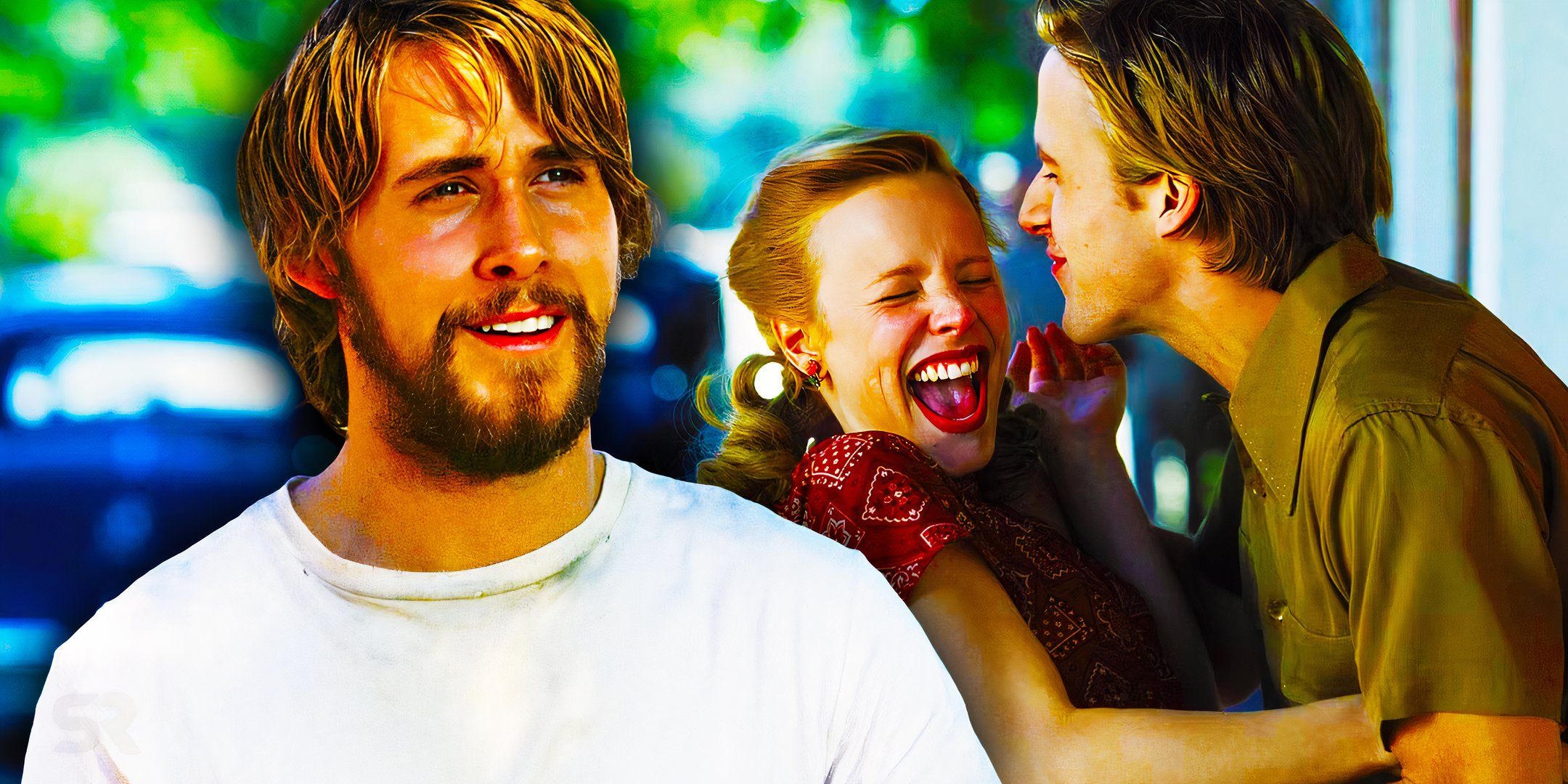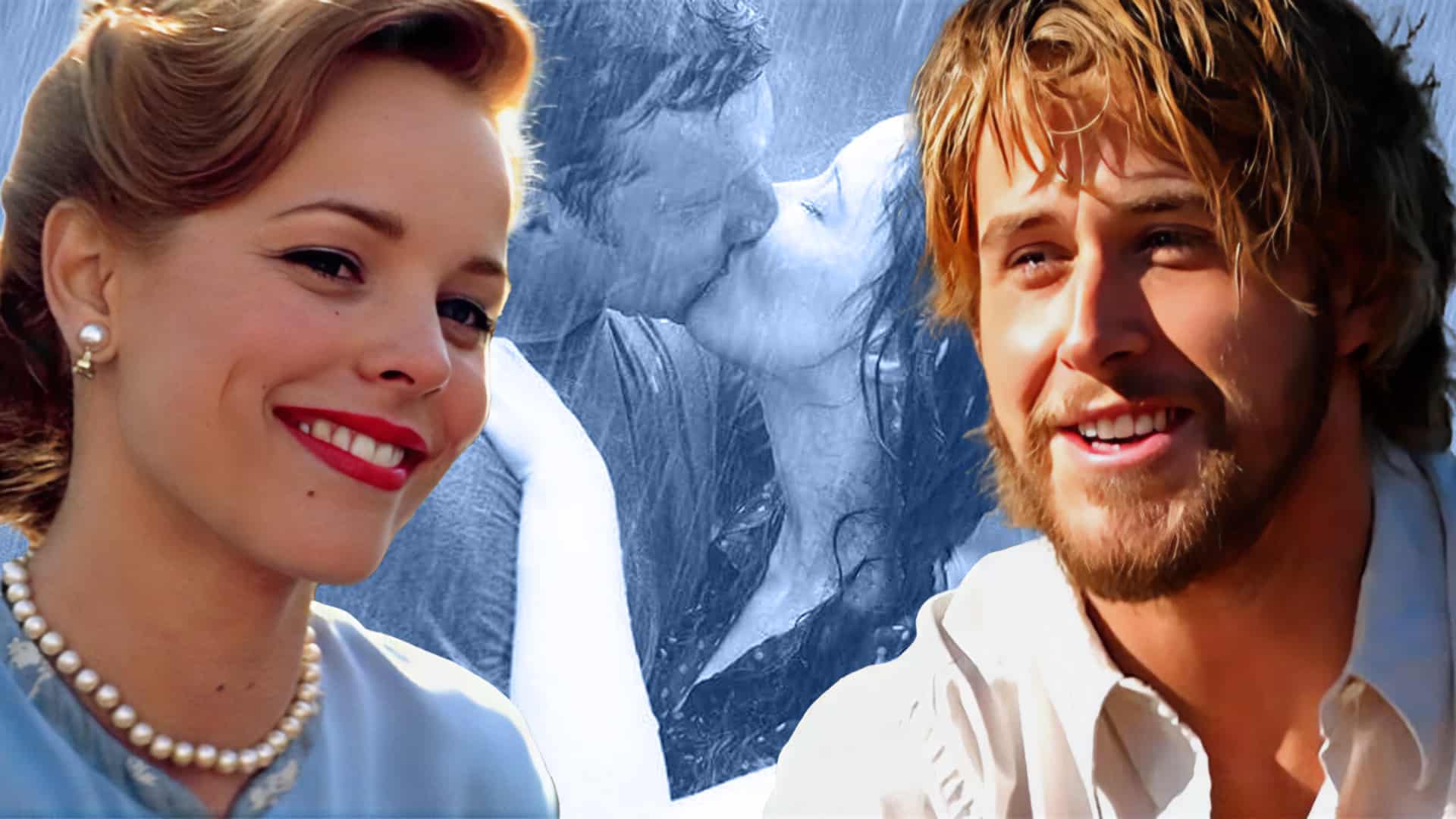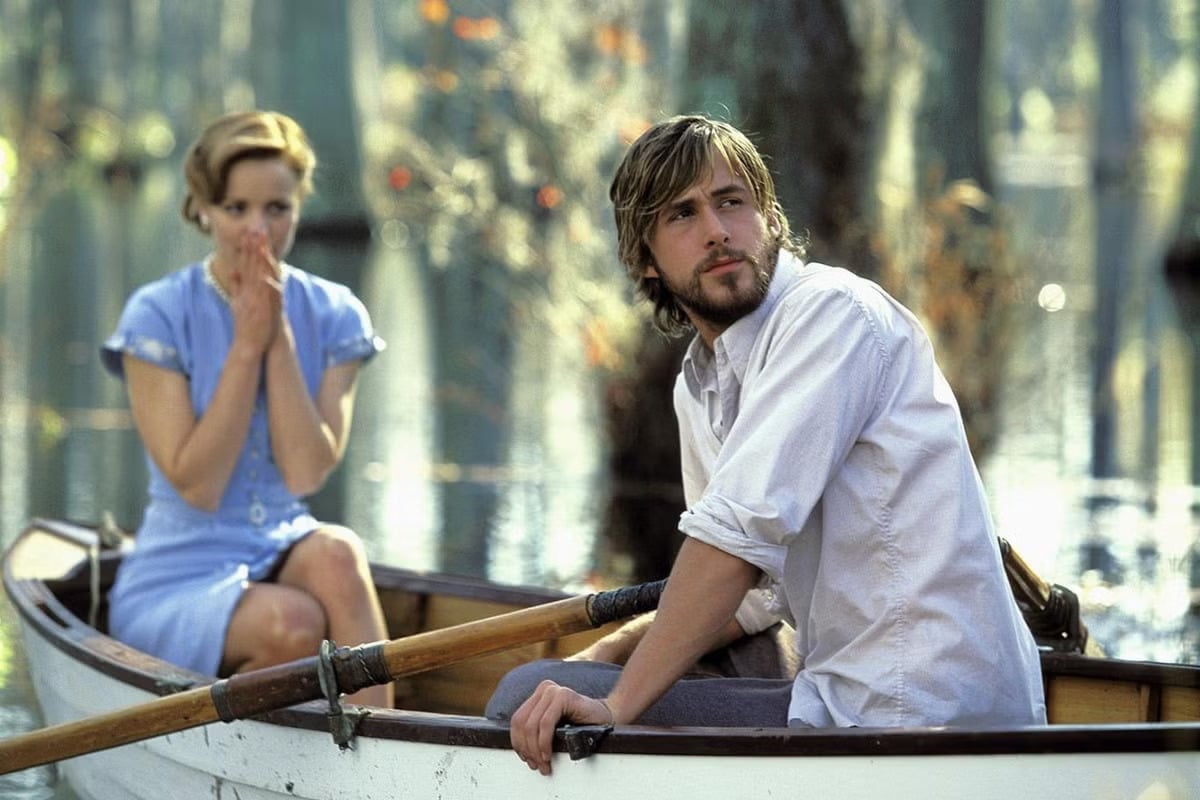THE NOTEBOOK 2: FOREVER YOURS (2025) – A LOVE THAT REFUSES TO END

Two decades after The Notebook carved its name into cinematic history, The Notebook 2: Forever Yours arrives not merely as a sequel, but as a love letter to time itself — to the endurance of memory, and the quiet, unyielding ache of devotion that refuses to fade.

The film opens with a familiar stillness — the lake, the creaking boat, the gentle rustle of wind that carries whispers of the past. It is here that Noah and Allie, once young lovers drenched in rain and reckless passion, now find themselves standing on the other side of life’s storms. Rachel McAdams and Ryan Gosling return not as the feverish hearts of youth, but as souls who have weathered years of love, loss, and rediscovery.
Director James Holt crafts a narrative that feels like a continuation of a melody long left unfinished. The cinematography breathes nostalgia: sunlight spilling across faded letters, reflections of love in every ripple of water, and a sense that time, though cruel, is also kind in its way of reminding us what truly matters.

In Forever Yours, love is not grand or desperate — it is quiet, steady, and deeply human. It is the hand that reaches out in the dark, the voice that whispers across years, the familiar heartbeat that remains even when memories blur. The chemistry between McAdams and Gosling, aged like fine wine, carries an emotional weight that words can scarcely capture.
The story widens its horizon, introducing their grown children, who struggle to understand the kind of love that defined their parents. Through them, the film becomes a bridge between generations — an exploration of how love’s echoes continue to shape those who inherit its flame.
One of the film’s most striking elements is its portrayal of time as both the antagonist and the artist. Each wrinkle, each faded photograph, each moment of forgetting becomes part of the larger tapestry. Noah’s letters, once filled with longing, now serve as a map for those trying to understand love’s endurance in an age of fleeting emotions.

Rachel McAdams delivers one of her most haunting performances — her Allie is softer now, but her eyes hold a lifetime of devotion and regret. Gosling’s Noah, older yet unbroken, speaks in silence; every gesture, every look carries the tenderness of a man who knows that true love doesn’t need to be loud to be eternal.
The score, composed by Nicholas Britell, weaves melancholy strings with moments of delicate piano, echoing the emotional resonance of the original. Each note feels like a breath taken between memory and reality — a soundscape of hearts remembering what they once promised.
What makes The Notebook 2 so extraordinary is its restraint. It doesn’t chase the past; it honors it. It understands that love, like art, is never truly finished — it evolves, deepens, and finds new meaning even in silence. The film captures this truth with poetic grace, leaving the audience in quiet tears rather than spectacle.

By the time the credits roll, there is no grand declaration, no sweeping finale — only two hands intertwined as the world fades into light. It’s a moment that speaks louder than any dialogue, reminding us that forever is not measured in years, but in the moments we choose to stay.
The Notebook 2: Forever Yours is not just a continuation — it is a reflection of life’s most fragile truth: that love, once real, never really ends. It lingers in the spaces between memory and time, waiting, always, to be remembered.
Related movies:










